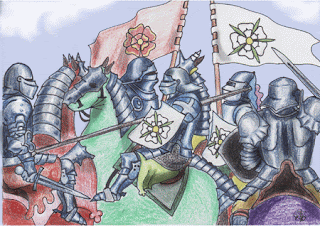Hi, Sister!
So, today I randomly stumbled upon this gif:
http://i.imgur.com/tOtXQs8.gif
...and it got me thinking. That cat seems to be intentionally using his/her tail to distract the snake. Could this be part of the reason cats evolved to have such dexterous tails? Aside from the more commonly referred to uses as a communication tool and a balance aid, I can see this tactic being very beneficial in the plains and jungles of Africa, where snakes are abundant and cats first evolved.
Further, it's been asserted that cats pay attention to the "fluffiness" of a potential mate's tail, and that both females and males with luxurious tails tend to be selected more often for mating, giving fluffy-tailed kitties the advantage in passing on their genetic material. I assumed that, like other mammals, fur in the hind region serves primarily to trap scents which alert a potential mate to sexual maturity/genetic compatibility, and that it falls mainly in the category of sexual selection (as opposed to natural selection, which is driven by environmental factors such as climate and predators). While this may be true in cats, it also appears that that fluffy tail is helping to confuse the snake into biting fur instead of flesh, which would mean that it has an advantage in natural selection as well.
So, I'm hypothesizing that luxurious and dexterous tails in cats have an evolutionary advantage in arenas where snakes are a predator, meaning that they are favored by natural selection in addition to being favored for other reasons by sexual selection. What do you think?

Love, Lilly



